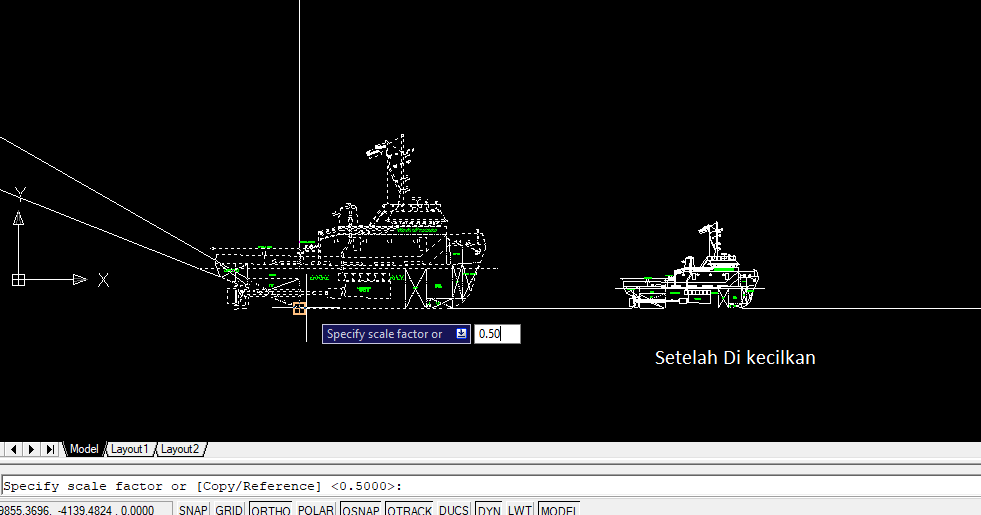Unlocking Maps: A Guide to Understanding Scale Bars
Have you ever looked at a map and wondered how those tiny distances translate into the real world? That's where scale bars come in, acting as the magic key to unlocking the true proportions represented on a map. Whether you're a seasoned explorer or a curious beginner, understanding scale bars is crucial for accurately interpreting maps and navigating our vast world.
Imagine holding a miniature version of a city in your hand—that's essentially what a map is. To make sense of this miniaturized representation, we need a tool that bridges the gap between the map's scale and real-world distances. A scale bar does just that, providing a visual representation of the relationship between distances on the map and their corresponding distances on the ground.
Scale bars have been an essential element of cartography for centuries, evolving alongside mapmaking techniques. Their importance lies in providing a standardized and easily understandable way to measure distances, ensuring that maps are universally accessible and interpretable. Without them, we would be left with abstract representations of space, making it challenging to plan routes, estimate travel times, or grasp the true size and scale of geographical features.
However, even with the convenience of scale bars, there are still some common challenges associated with their use. One of the main issues is understanding the different types of scales and choosing the most appropriate one for a specific map and purpose. From numerical scales represented as ratios to graphical scales that visually depict distances, selecting the right type of scale is crucial for clear and accurate map reading.
Another challenge lies in interpreting scale bars correctly, especially when dealing with maps that cover large areas or use unfamiliar units of measurement. It's important to carefully analyze the scale bar and its units before making any distance calculations to avoid misinterpretations and ensure accurate navigation.
Despite these challenges, the ability to understand and utilize scale bars is an invaluable skill that enhances our spatial awareness and allows us to navigate the world around us with confidence. By providing a direct link between the map in our hands and the vastness of the real world, scale bars empower us to explore, discover, and appreciate the true scale of our planet.
Advantages and Disadvantages of Using Different Types of Scale Bars
| Type | Advantages | Disadvantages |
|---|---|---|
| Numerical Scale (Ratio) | Simple, precise, suitable for calculations | Can be difficult to visualize for large distances |
| Graphical Scale (Bar) | Easy to understand visually, useful for quick estimations | Less precise than numerical scales, can be difficult to use for very large or small distances |
While the concept of scale bars might seem simple, their importance in cartography and our everyday lives should not be underestimated. From navigating unfamiliar cities to understanding the vastness of our planet, scale bars provide us with the essential tool to unlock the secrets hidden within maps and appreciate the true scale of the world around us.
Unlocking design possibilities how to convert jpg to png with transparent background
Unleash your inner architect building outdoor house ideas that rock
The enduring magic of walt disney and mickey mouse pictures













